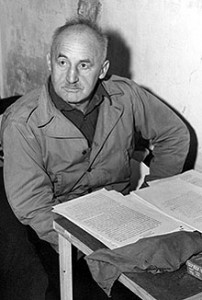We leased our home to a young couple with young children, just this past week. Recently “empty nesters,” it seemed like the right thing to do.
As we pulled out of the driveway, I remembered 20 years ago, when I closed-up my grandmother’s home after she passed away. She lived the last 53 years of her life in that home, and the memories were wonderful! So wonderful in fact, that they are still poignant.
I am the kind of person who loves routine, who loves things to remain the same.
But life doesn’t stay the same. We cannot stop time. We can’t even slow it down.
This pained me for a long time, until I read the story of Abraham, from the book of Genesis. Abraham, who was called God’s friend, recognized that he was not a permanent resident of this planet. It’s amusing to think that so-called scholars today consider the men of Abraham’s time to have been primitive thinkers. Yet Abraham understood not only the context of his own life, but he understood prophecy and the future, to the extent that God revealed it to him.
Abraham was a “sojourner.” I love that word. It means that he was just passing through. Wherever he pitched his tent (or, if he had built a nice brick home in a cul-de-sac), he didn’t think in terms of “staying forever.” He didn’t worship routine, or, can I say it this way, false security.
He recognized that one day, he would pass from this life. He was just sojourning.
When I internalized this and accepted it, I changed my thinking entirely. It was helpful. Embracing the life of a sojourner lessens the sting of loss, whether of a loved one or something less important, like a home.
After all, they are only dwellings. Even our physical bodies are temporary dwellings, as the Bible teaches.
We are going to something better. God has promised in His Word that one day, He will restore creation to a state of permanent perfection, and that is a tangible promise to us; it really is.
Thank you, Abraham, for the gift of your example.

